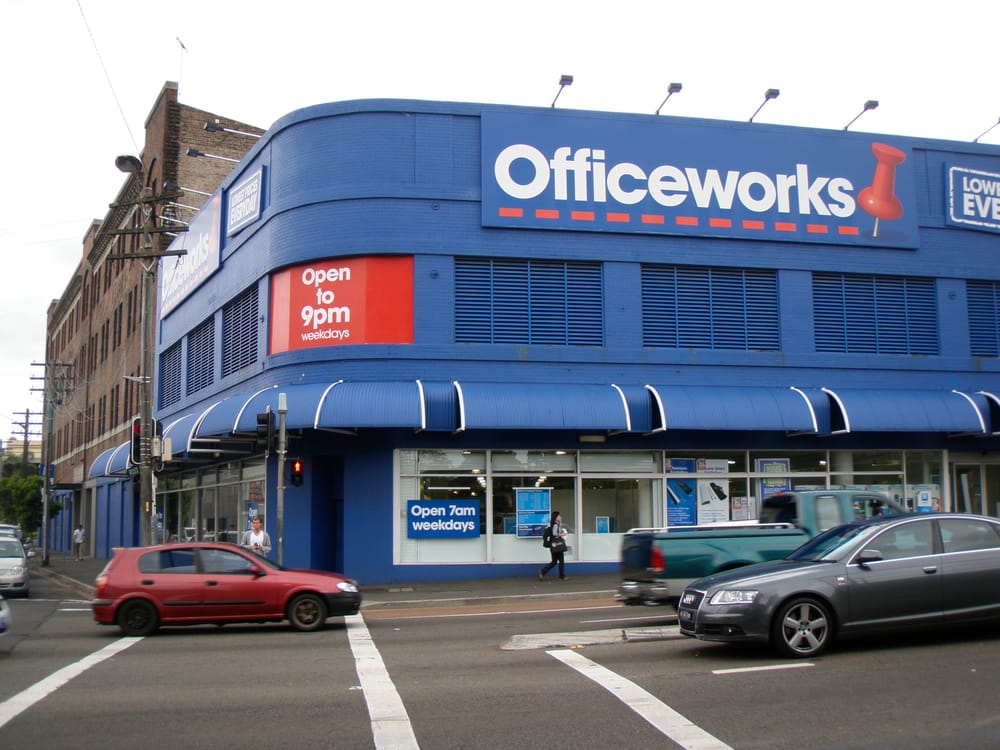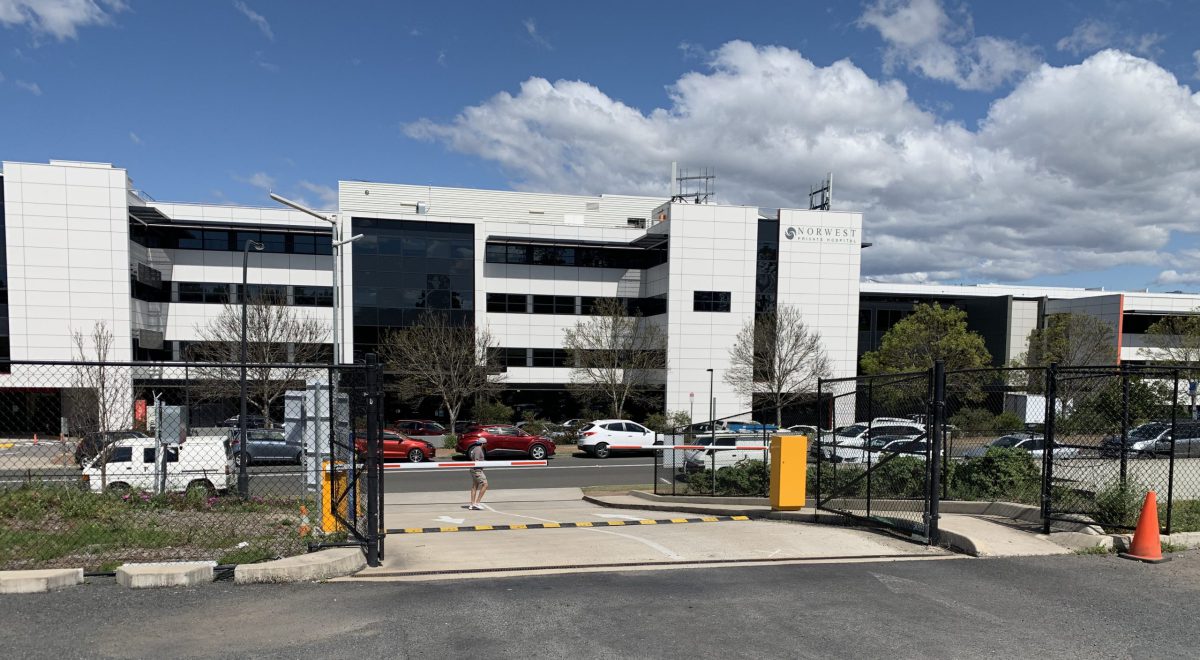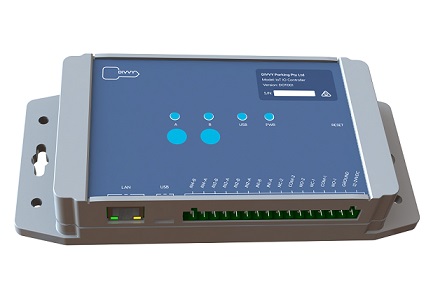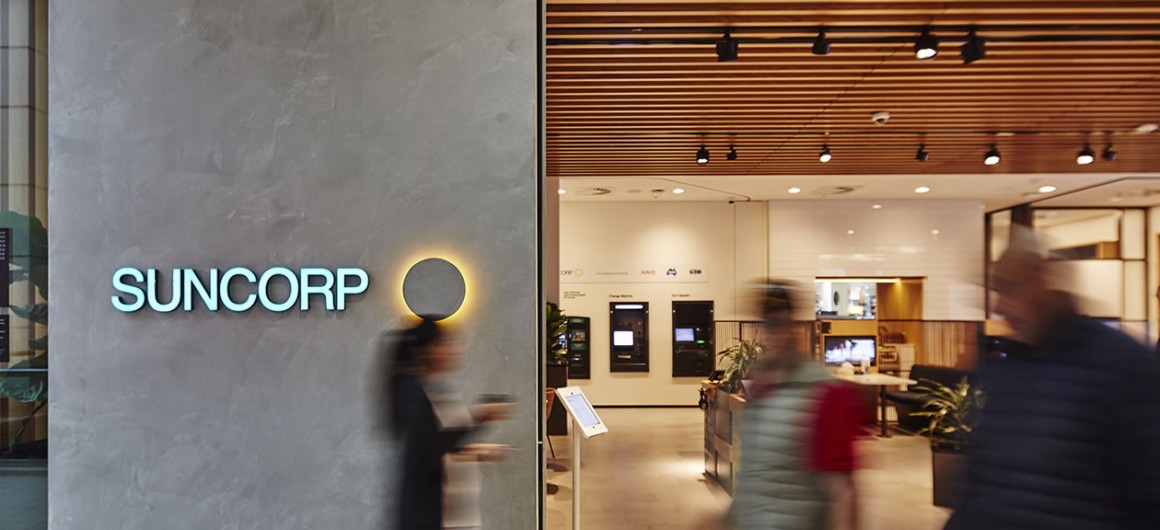The smart building market is projected to reach $32 billion over the next two to three years, and technology in this space is progressing rapidly.
Australian tech company DIVVY is set to secure a slice of this market with its homegrown and developed internet of things (IoT) I/O Controller.
The DIVVY IoT I/O Controller is a world-first, all-in-one smart box, uniquely designed with built-in digital input pins and output relays.
It helps building managers automate car parking and property functions using smart building technology, offering the ability to control the on/off functions of low-voltage assets such as parking gates, door latches, turnstiles, or water pumps.
While it was built and piloted for the parking garage industry, the DIVVY IoT I/O Controller has the capacity to be used in new or existing smart building applications globally.
Built on the Microsoft Azure platform and powered by Azure Sphere microcontrollers, it leverages the IoT to gather digital input from sensors, translate information in the cloud, and generate straightforward output commands to control equipment.
While trends show that IoT adoption is increasing in smart buildings, even sophisticated software teams can be daunted by how to integrate advanced IoT technologies with legacy digital or nondigital equipment.
DIVVY Operations Director Peter McAlpine says while smart buildings are fast becoming reality, the fact remains that old equipment still exists in buildings and car parks everywhere.
“We needed a device that could connect this traditional equipment to the IoT and bridge the gap between the past and the future,” he said.
“We developed the IoT I/O Controller to offer our clients the highest level of building and data security, automation and control, allowing them to bring their buildings into the future.”
In November 2019, DIVVY was invited to display the IoT I/O Controller at the Microsoft IoT in Action event in Auckland, New Zealand. Microsoft recognised the Controller as a world first and approached DIVVY about a partnership.
After processing the Controller through their Tune Up marketing refinement program, Microsoft is now offering it as part of their Azure Sphere product suite to clients worldwide.
Pauline Hsiao, Microsoft Azure Sphere Solution Specialist, said,
According to a study by McKinsey, office buildings alone stand to gain between $100 billion and 200 billion (USD) per year until 2025 by investing in IoT technology.
DIVVY’s access technologies are tested in the field every month, processing in excess of 45,000 transactions across more than 75 buildings and several open-air facilities.
They are well poised to tap into the market for access control products which reached over $8 billion in 2019 and is estimated to be worth over $12 billion by 2024.
For further information, please contact Kat Fowler, DIVVY’s Marketing and Communications Manager on 0433 669 901 or at kat@divvy.com.au.
About DIVVY
DIVVY is one of the fastest growing parking software hardware companies in Australia whose application of marketing leading technology enables a better customer experience through all bookable assets.
DIVVY’s access technologies are tested in the field every month across 30,000 bookings—opening 80,000 boom gates or roller shutters per month and processing in excess of 45,000 transactions per month across more than 75 buildings and several open-air facilities
How the DIVVY IoT I/O Controller works:
1.The IoT I/O Controller is a self-contained box including both input and output ports, with mounting flanges that allow it to be attached directly to equipment or a wall. The box must be powered from a low voltage source (8-40 voltage) and uses Wi-Fi with the customer’s WAN. Inputs can be tied to any digital on/off sensors or equipment.
Two built-in outputs are relays that can directly control the on/off functionality of low-voltage equipment. Powered by the MT3620 module, the controller leverages the Azure Sphere operating system which provides an unprecedented level of security for IoT connected devices.
This secure solution provides device authentication and attestation, supports remote over-the-air software updates to maintain security in the face of evolving attacks, and automates error logging and reporting.
2.Data values are collected through a digital pins input and sent to the cloud. (No processing is done on the edge.)
3.Microsoft Azure IoT Hub is the integration point for input/output connectivity.
4.Once input data is validated, authenticated, and translated, a command is sent back to the I/O Controller where it is transmitted via two voltage relays to control simple on/off equipment functions.
5.Data is collected and available via the cloud. The solution can be customized to include additional condition monitoring, customised edge processing, robust reporting and data visualization, and remote management and controls.
Practical applications of the DIVVY IoT I/O Controller:
1.In parking garages, the controller can be used to detect when a vehicle breaks a beam, to validate and translate information in the cloud, and to send a command to automatically raise the parking gate. Building managers gain not only real-time efficiencies, but access to data about garage access, peak parking times and more.
2.In parking lots, the controller could be connected to water level sensors and water pumps. When sensors detecting standing water surpass a preset threshold in the cloud, a signal will be sent back to the controller to activate operation of the water pump.
3.Inside an office, the solution can control access to the building or bookable areas when used in combination with an additional device. A smart device with screen and camera could detect the QR code of a user and send it to Azure for processing. If validated, Azure would send a signal back to the controller to operate an electronic door strike or turnstile entry system to allow entry.
4.The controller could also be used to control lighting or climate conditions in a room based on connections to presence detection sensors. When a sensor detects a room is occupied, it sends a signal to Azure for processing and logging, and a signal is returned to the controller with a command to activate the output to control the lights.
1. “Digital workplace trends in 2019,” Dimension Data, 2018.
2. “From Traditional Building Automation to Smart Buildings,” Sensative, 23 October 2019.
3. “Major Trends in the Global Access Control Market 2019,” Memoori, 4 December 2019.









